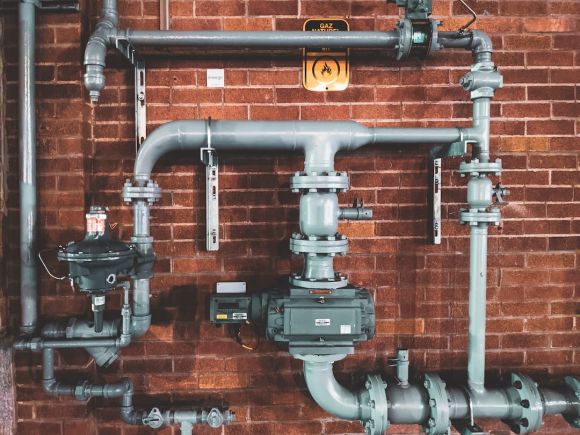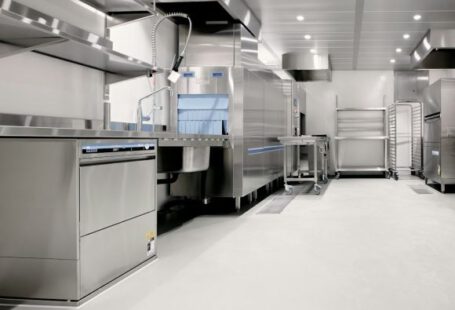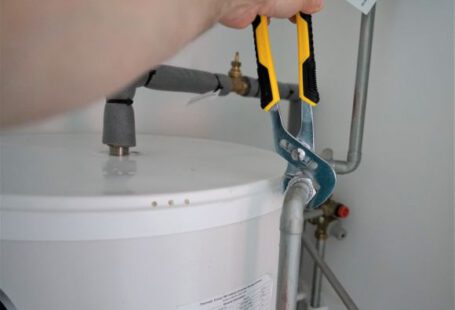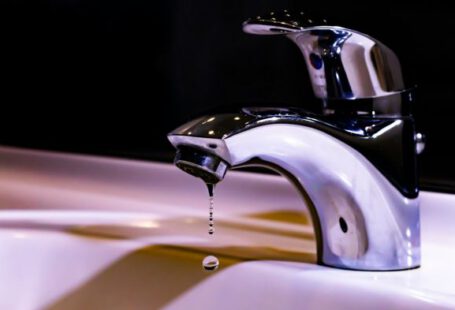Having a well-maintained plumbing tool kit is essential for any homeowner. Whether you’re a DIY enthusiast or just like to be prepared for emergencies, taking care of your plumbing tools will ensure they are always in good working condition when you need them. Here are some maintenance tips to keep your plumbing tool kit in top shape.
Clean and Dry Your Tools After Use
After using your plumbing tools, it’s important to clean and dry them thoroughly. This will prevent rust and corrosion, which can affect their performance and durability. Use a damp cloth to wipe off any debris or dirt, and then dry the tools with a towel or air compressor. Pay special attention to areas that are prone to moisture, such as the handles and blades of your wrenches and pliers.
Inspect for Wear and Tear
Regularly inspect your plumbing tools for signs of wear and tear. Look for any cracks, chips, or loose parts that may affect their functionality. Check the handles of your tools for any signs of damage or wear, as this can make them uncomfortable to use and less effective. Replace any damaged tools immediately to ensure your plumbing kit is always ready for use.
Lubricate Moving Parts
To keep your plumbing tools working smoothly, lubricate the moving parts regularly. Apply a small amount of lubricating oil to hinges, joints, and other areas that require movement. This will prevent friction and ensure that your tools operate with ease. Be sure to use the appropriate lubricant for each tool, as some may require specific types of oil or grease.
Store Your Tools Properly
Proper storage is crucial for maintaining the longevity of your plumbing tools. Keep them in a dry and well-ventilated area to prevent moisture buildup, which can lead to rust and corrosion. Use a toolbox or a designated storage container to keep your tools organized and protected from damage. Store them in a way that minimizes contact between sharp edges and cutting surfaces to prevent unnecessary wear.
Sharpen Blades and Cutters
Sharp blades and cutters are essential for efficient plumbing work. Regularly check the sharpness of your pipe cutters, utility knives, and other cutting tools. If they have become dull, use a sharpening stone or file to restore their cutting edge. Dull blades not only make your work more difficult but can also cause accidents due to exerting more force than necessary.
Replace Batteries in Power Tools
If you have power tools in your plumbing kit, such as a drain snake or a pipe inspection camera, it’s important to regularly check and replace the batteries. Dead or weak batteries can hinder the performance of your tools, rendering them ineffective when you need them most. Keep a supply of fresh batteries on hand and replace them as soon as you notice a decrease in power.
Conclusion: Invest in Proper Maintenance
Taking care of your plumbing tool kit is an investment in the longevity and functionality of your tools. By following these maintenance tips, you can ensure that your tools are always ready for use and in good working condition. Regular cleaning, inspection, lubrication, and proper storage will go a long way in maintaining the efficiency and reliability of your plumbing tools. With a well-maintained plumbing tool kit, you’ll be better equipped to handle any plumbing project or emergency that comes your way.



